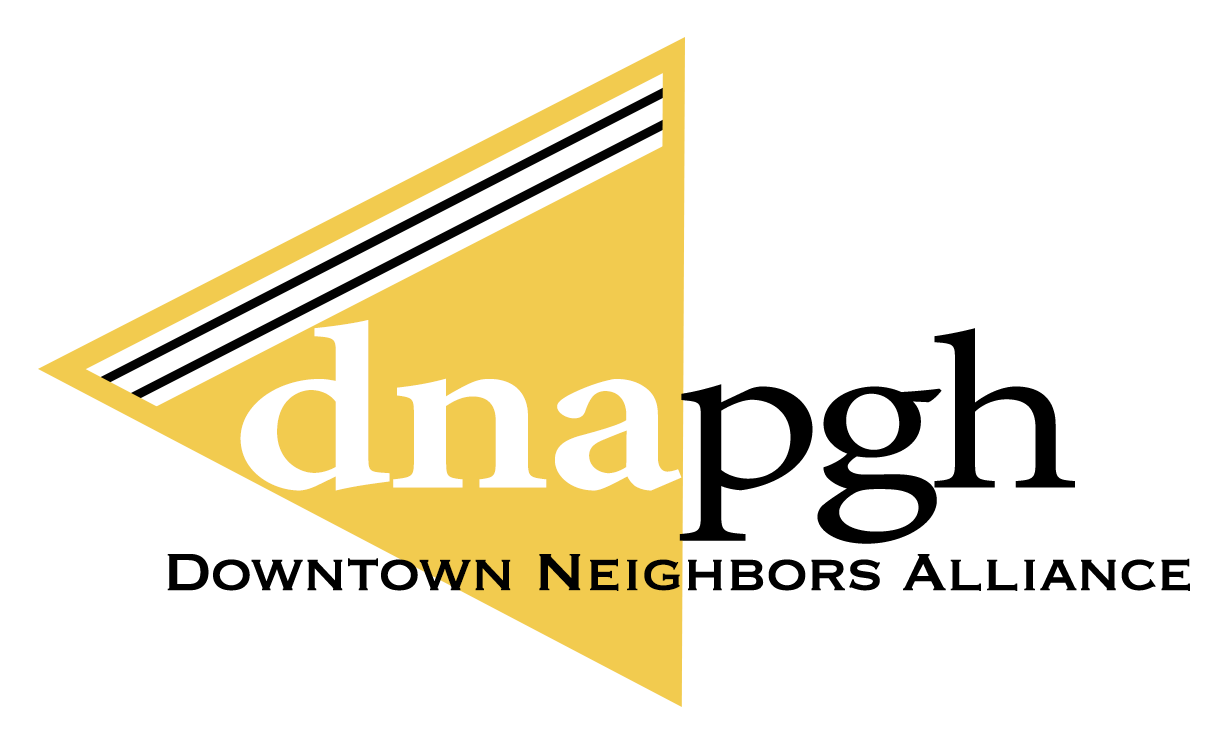Proposed Legislation Plans to Slow the Rise of Vape Shops in Pittsburgh
Written by Amanda Buchman
Pittsburgh residents and community leaders have expressed great discontent with the staggering number of vape shops throughout the city. Around thirty of them are clustered downtown, with several along Liberty Ave. As these shops often target youth and low income families, public health concerns are growing amidst preexisting disparities.
Sharing concerns about the harmful effects of vaping, the Downtown Neighbors Alliance (DNA) took part in creating a piece of legislation that would impose restrictions on these stores. Councilman Bobby Wilson officially introduced the bill on September 16, with co-sponsors council president Daniel Lavelle, and councilpersons Erika Strassburger and Bob Charland.
The legislation targets stores that dedicate at least fifteen percent of their floor space, ten feet of shelf space, or two display cabinets to selling vapes, e-cigarettes, and products containing CBD, Delta-8 THC, or Delta-10 THC. Medical marijuana dispensaries will not be affected.
The ordinance would prohibit operating hours between 11 PM and 9 AM, require locked display cases, and ban self-service sales. It would also mandate that shops stay outside a 1,500-foot radius of schools, public parks, licensed daycare facilities, playgrounds, and religious institutions.
“This is a great start,” said John Valentine, DNA’s Executive Director. “A lot of the drugs these stores sell are legal, but they’re also addictive. Until they’re outlawed in every state, we do what we can to reduce the detriment.”
Today, it’s difficult to walk through any urban neighborhood without passing at least one vape shop selling unregulated products. Everyone has easy access. Though these devices often contain carcinogens and other harmful chemicals, they can also be extremely addictive, resulting in large profit margins for businesses willing to pay high rent costs.
A City Council meeting to discuss a preliminary vote will take place on Wednesday. Though the bill is still in the works, its proposed restrictions are popularly viewed as “common sense limits.”
According to the World Health Organization (WHO), tobacco products remain the leading cause of preventable death and disease in the U.S. Among the populations most affected by the issue are low income communities, LGBTQ+ people, and military veterans.
“That’s the problem,” said Valentine. “What kind of society are we when we sell drugs that we know are addictive? It’s a disgrace on so many levels.” He adds, “we have to care about the least fortunate in society, and that’s who’s being affected the most by these substances.”

